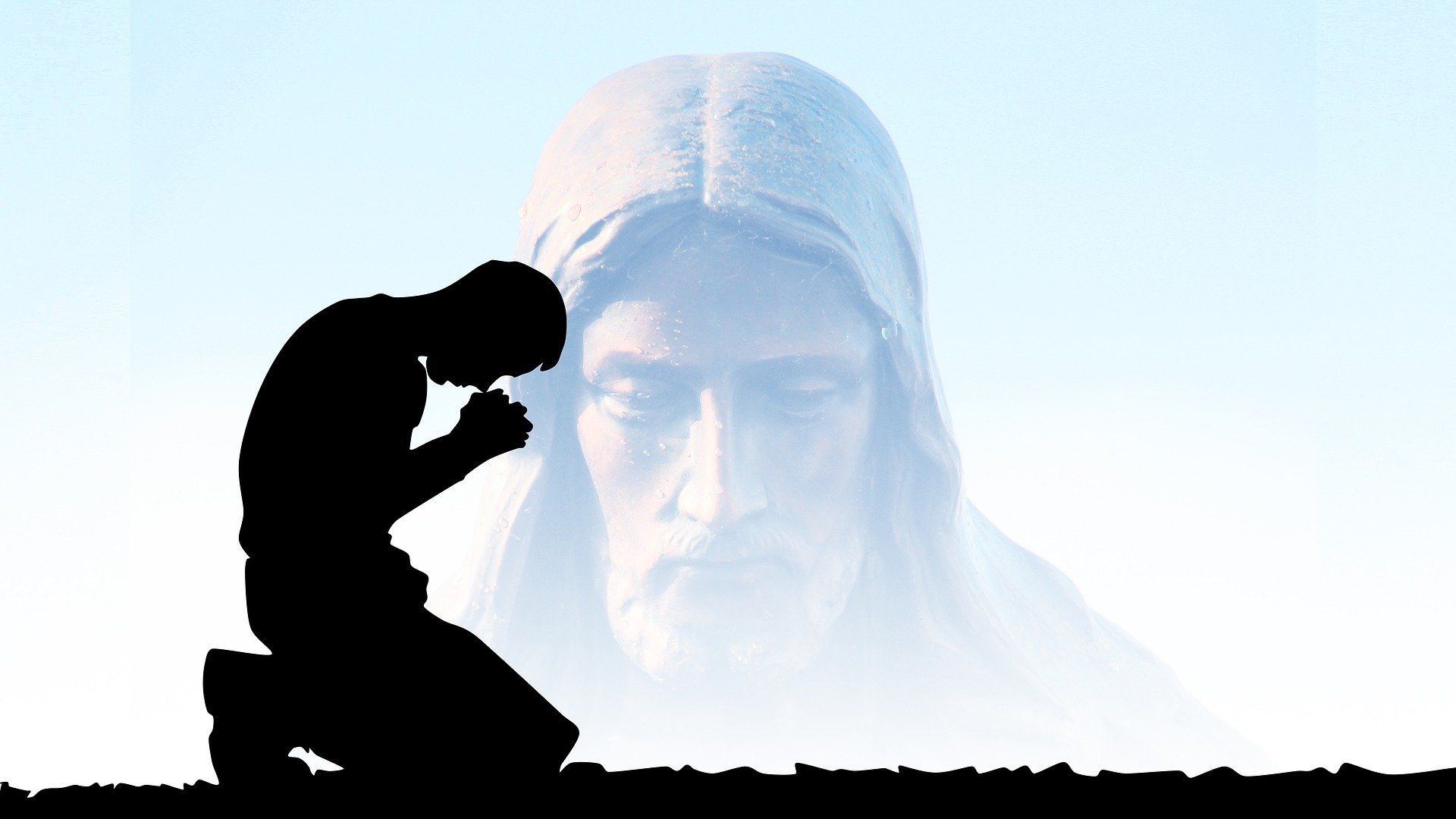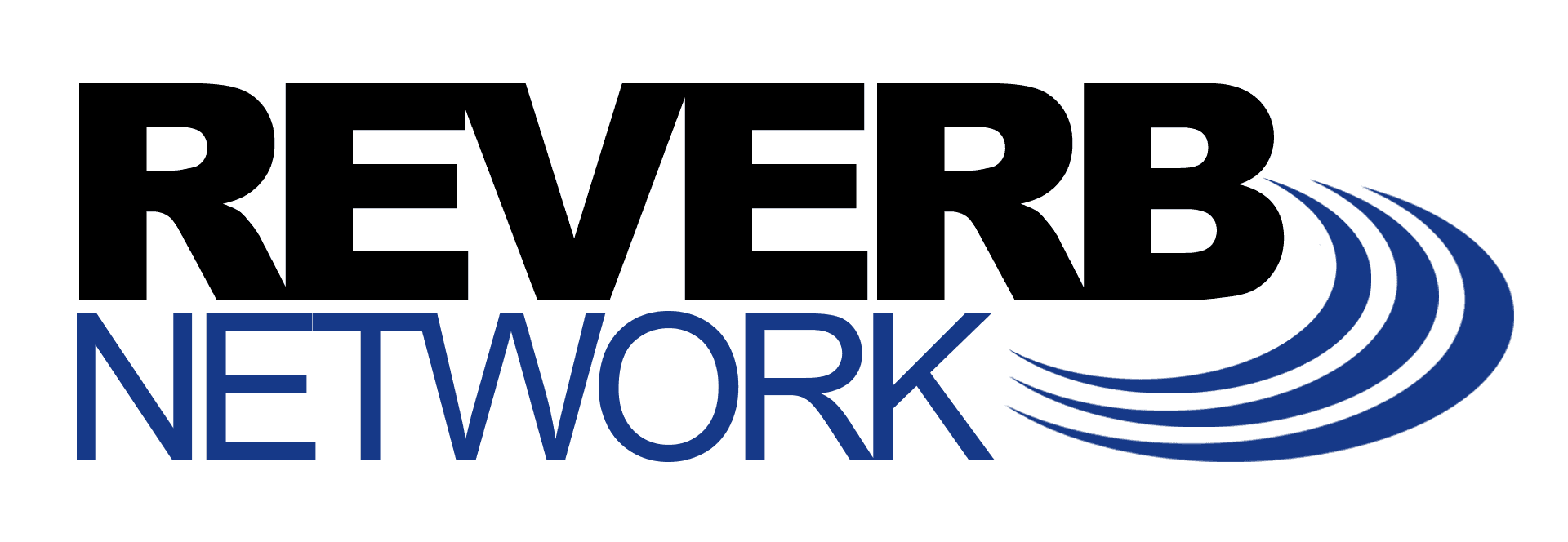Creating an Organizational Vision Statement
Luke Kuepfer • March 6, 2020
Ken Blanchard tells the story of working with a big bank on its mission statement. He told them that he would like a copy to put beside his bed at night so he could get up and read it if he had trouble sleeping (it was all about the financial services they offered—mostly boring information that would put him back to sleep!). He suggested to them that they were in the peace of mind business and should include in their mission the idea of growing and protecting people’s money.
Knowing your mission (the HOW or what you do) is the first step to discovering your vision (the WHY or your destination). A vision statement creates alignment in an organization getting everyone to work together toward the same desired ends. It provides guidance for daily decisions so that people are aiming at the right target and not working at cross-purposes.
A good organizational vision statement should be designed for the organization’s unique context. Simply adapting another group’s statement and word-smithing it to fit your context does not cut it. The process of thinking through your unique context as a team and then creating your own language to capture your vision has the potential to generate passion, energy, and ownership.
Your vision statement should set high ideals or standards of excellence. It should motivate people to reach higher and farther. It should be realistic yet ambitious, inspiring enthusiasm and commitment.
An organizational vision statement must also clarify purpose and direction, answering the questions of why and where.
Finally, it should be simple and easy to understand. What’s the purpose of having a vision statement if your people can’t easily remember and describe it?
[Next week we will continue this discussion by looking at the four parts of a compelling vision.]














